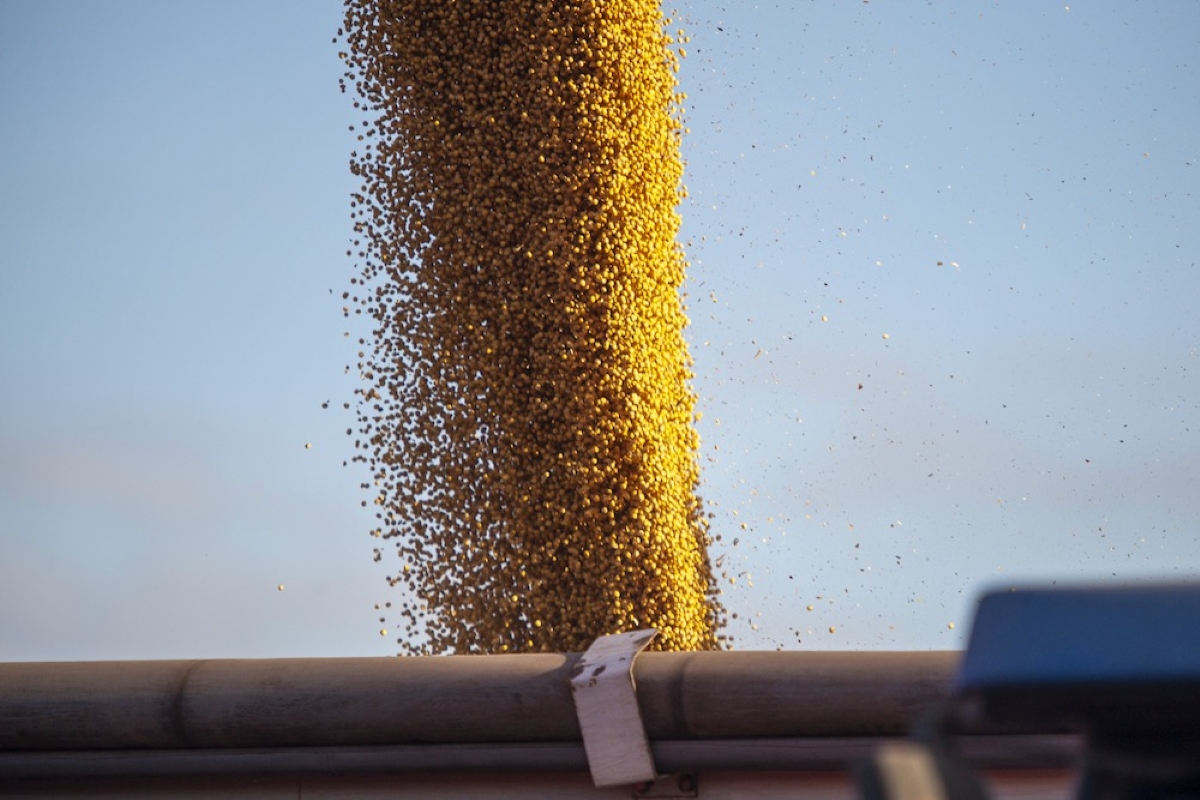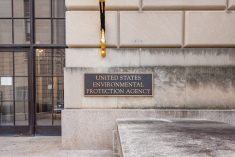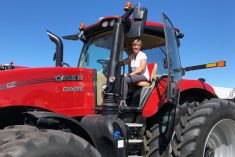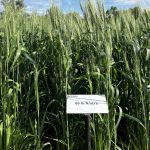A major Prairie ethanol and fuel producer is posed to spend just over half a billion dollars on a system to capture and sequester carbon dioxide from its operations in Saskatchewan.
Federated Co-operatives announced Thursday it had signed a memo of understanding with Calgary-based ‘clean energy’ company Whitecap Resources, in which the latter company will store and use carbon dioxide (CO2) emissions captured from Federated Co-op’s fuel plants.
The two companies’ planned operating agreement calls for emissions captured from the Co-op Refinery Complex at Regina — and from the Co-op Ethanol Complex (CEC) wnear Belle Plaine, about 40 km west of Regina — to be transported to and stored at Whitecap’s unit south of Weyburn for later use.
Read Also

Brazil to reap record soy crop in 2025/2026, increase exports
Brazil’s Conab said the country will reap a record soybean crop of 177.6 million tons in the 2025/2026 harvest year, according to data released on Thursday.
Whitecap’s Weyburn unit is billed as “the single largest anthropogenic carbon sequestration project in the world,” having so far captured over 36 million tonnes of CO2.
The deal calls for FCL to “fund, construct and operate” facilities at its Regina and Belle Plaine plants that would capture almost 500,000 tonnes of carbon dioxide equivalent per year for transport to Weyburn.
FCL, in its release, didn’t give a price tag for its project but Reuters on Thursday quoted the co-operative’s total spend at about $510 million.
FCL said it expects its carbon capture facility at Belle Plaine to be completed in 2024, and commissioning at the Regina refinery starting in 2026.
That said, “final investment decisions” on FCL’s projects will need “clarification” on climate change regulations and incentive programs “that support our transition to the low carbon economy.”
“Today’s announcement firmly positions Saskatchewan as a world leader in innovative carbon capture technology and is just the beginning of significant private investment opportunities in the CO2 sequestration value chain,” provincial Energy and Resources Minister Bronwyn Eyre said in FCL’s release.
“This proposed project will include CO2-enhanced oil recovery, which lowers GHG emissions by 82 per cent compared to traditional extraction methods while increasing production.”
The Weyburn unit Whitecap now owns was discovered in the 1950s and produces mainly light oil. “Waterflood” operations followed in the 1960s and CO2-enhanced oil recovery began in 2000.
“The transition to a low-carbon economy is one of the largest, but most necessary, shifts we’ll have to make in our long history,” FCL CEO Scott Banda said in the same release.
“Carbon capture and the work we’re doing with Whitecap is just one of multiple paths we’re exploring as part of a strategic plan to integrate sustainable solutions into our operations to improve environmental performance.”
Federated Co-op’s CEC, known as Terra Grain Fuels up until March this year, has operated since 2008, came to FCL in 2019 and today produces about 150 million litres of ethanol per year for blending at the Regina fuel refinery, along with 130,000 tonnes of dried distillers’ grains (DDGs) for livestock.
The Belle Plaine CEC’s ethanol feedstocks include about 350,000 tonnes per year of wheat and other “starch-rich” crops such as corn, rye and triticale bought from about 400 Prairie farmers. — Glacier FarmMedia Network















